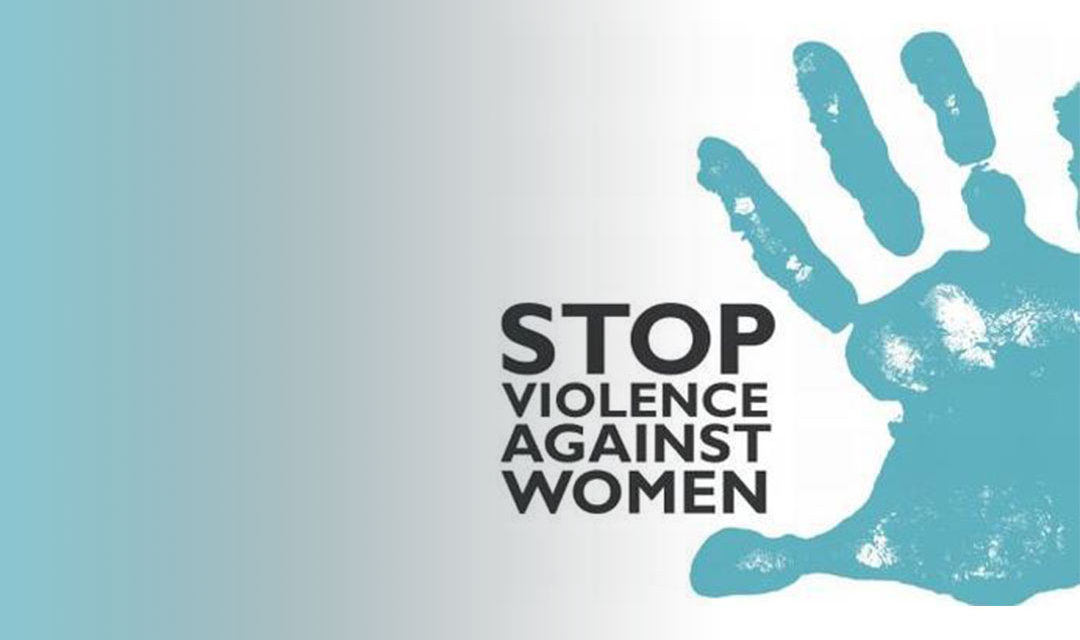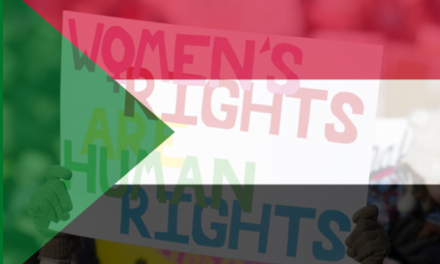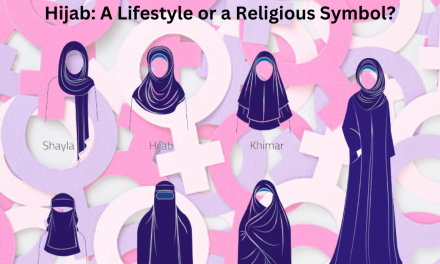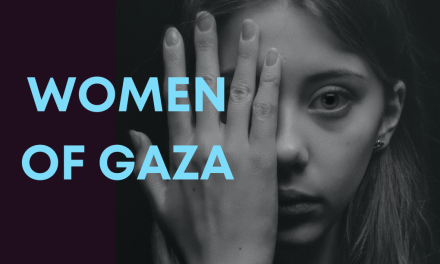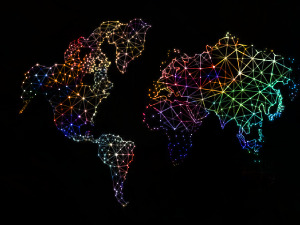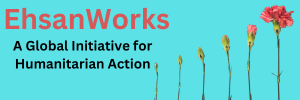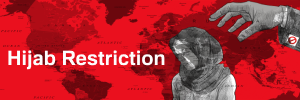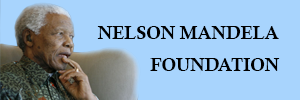BY: K. Goncalves
A preview of the past hundred years can disclose much about the breakthroughs, perseverance, and failures of women who have fought for their rights; such as, civil rights and political rights (rights to vote, to participate in public life, to acquire, change or retain one’s nationality, equality before the law and freedom of movement) and economic, social and cultural rights (rights to education, work, health and financial credit) (5). Simultaneously, these women are seeking ways to break the social and cultural barriers that prevent them from obtaining or securing these rights. Needless to say, women’s voices and struggles have received greater recognition. The women of the world have a considerable support system, ranging from protection of their rights under international law to united nations bodies; such as, The Commission on the Status of Women (21). It is unfortunate that women around the world are still discriminated against. Those who are discriminated against are subject to violence, job insecurity, and a lack of empowerment. With this being said, a brief investigation of the current status of women in countries like Belarus, Myanmar, Burundi, Republic of Congo and Eritrea, will shed light on the inadequacy of customary laws but also determines the necessity for action by advocates and legislators in these governments to protect the women who are being discriminated against.
The Women of Belarus The Women of Belarus have endured many challenges in the region when it comes to being more professional than domestic. The fight for women’s rights is based on a simple acknowledgement–they are at a major disadvantage when it comes being respected by their male counterparts (i.e. many women in the region are subject to domestic violence). As a result, a coalition of women in Belarus have united themselves in the fight against discrimination. There are currently thirty two women’s organizations that advance the interest of women in the region. These well-organized groups have potential to produce change but are currently facing many legal issues. One main issue is the government’s lack of interest. Although the government is a part of the United Nations Convention on the Elimination of All forms of Discrimination Against Women, the government is not as active as it should be in ensuring that women are not being discriminated against. Groups such as the Women’s Independent Democratic Movement from Minsk have been effective in changing the status quo of women in Belarus. They are trying to develop and implement draft laws to push the government to pass them. For Belarus, this is a great initiative. Women groups should continue making the effort to speak to their government about the inadequacy of women’s law.
The Women of MyanmarThe current status of women in Myanmar mirrors the fickle relationship between government and women’s movements. Particularly, the Myanmar government is a member of the Convention on the Elimination of all Forms of Discrimination Against Women (CEDAW), but its regional instruments are inconsistent; whereby, the rights of women are often compromised. Though a newly democratized country, the Myanmar government fails to see equality for women as an imminent issue. Myanmar government focuses more on military issues than gender equality. A reasonable explanation for this lack of support may be found in Myanmar’s legal system. Their legal system has no law that condones domestic violence, no law to prevent violence against women, and no law to protect victims from their abusers. For the women of this region, they are bound by the Constitution and their efforts are maximized to an extent. The government should reevaluate its laws and make sure that all women’s rights are protected.
The Women of BurundiThe women of Burundi have succeeded in their efforts to increase their participation in the government. With support from the government, women have made appearances in local, provincial, and national levels. In 2005, the government adopted a gender quota that authorized and encouraged women’s participation. Recently with the elections in 2010, more women have been represented in professional fields. Although women seem to have a better public life, their private lives are suffering. In 2006, it was reported that there were numerous cases of violence within the family and the community. Within the family, gender based violence takes the form of sexual violence, marital rape and sexual harassment, physical and verbal domestic violence, and economic violence. Within the community, women have faced trafficking, rape, violence, and forced prostitution. These are a bag of mixed results– Could women’s responsibilities in public roles affect their private lives? The success for women in government is undeniably a great achievement. Yet, the issue now turns to the women who are affected in their communities. These women should have support systems from women’s groups who could advocate for their rights. Many women in these scenarios do not openly share their experiences. Thus, the community should take on the responsibility to protect these women whenever possible.
The Women of Republic of Congo The rights of women in Republic of Congo are being violated by the government of the Republic of Congo. They are faithful to their customary laws, which are inconsistent with the United Nations Convention on the Elimination of All forms of Discrimination Against Women in 1982 and the Protocol to the African Charter on Human Rights and Peoples’ Rights on the Rights of Women in Africa (Maputo Protocol) in 2007. As a result, the women of republic of congo face discriminatory legislation, discrimination within family, violence. and limited access to education, decision-making positions, healthcare and justice. Customary law is a leading indicator of limited rights. It is the only reason that women are not free to choose where they should live or who they are to marry. For the wellbeing of women in this region it is important that awareness of both women’s failure and successes is spread to the government. The government should reevaluate its laws and make sure that all women’s public and private life are protected.
Eritrea The women of Eritrea serve as an exemplary model for women educators. Most of this success can be credited to the work of Ministry of Education in Asmara and support of UNICEF (2009), who have supported the women in Eritrea in the field of education. The Ministry of Education selected women who could serve as educators based on their experiences in the community and family. In Eritrea, women do have some benefits; like, being paid the same as male educators. However, the field of education still remains a male dominated field. Even though some women have the potential of being educators, many young women do not have access to education due to socio-economic barriers. The organizations should continue to provide women with the opportunity to have an education, starting from a very young age.
